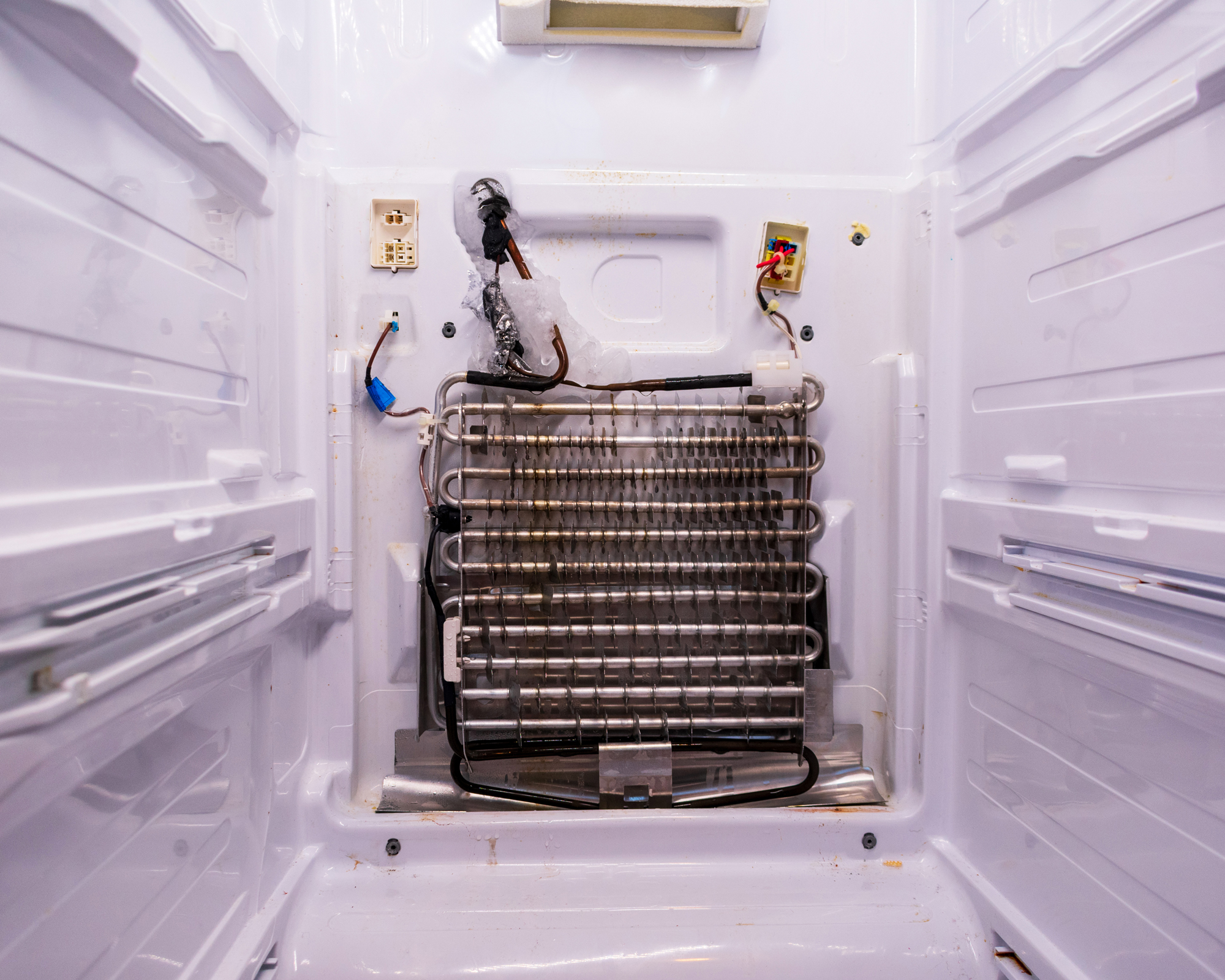If your RV fridge isn’t keeping things cold, there could be a cooling unit leak. This often shows up as an ammonia smell or yellow residue from a product called sodium chromate.
RV refrigerators are usually versatile in terms of the power supplies that they can work with. They can use propane gas, electrical (AC), or battery (DC) power.
Size
RV refrigerators aren’t as large as residential fridges, and that’s for a good reason. They’re designed to cool your food while you’re on the move, and all that bumping and shaking takes a toll on any fridge.
You’ll also want to consider how much power your fridge needs and how it’s powered, as that’ll have a big impact on its lifespan. Some RV fridges run on propane gas, some run on 120V electric, and some use a combination of both.
The Dometic fridge we reviewed is a good example of this, as it uses both a compressor and an absorption refrigeration system. It’s great for those who want to go off-grid as it can be used with deep-cycle batteries and solar panels. It also has locks, which is a feature you’ll want to look for in any fridge if you plan on using it for camping.
Capacity
The amount of food you can store in an RV fridge is a huge factor, especially if you’re traveling with a group. For this reason, you should carefully consider the capacity of any refrigerator before deciding to buy it.
Another important feature is the power draw and type of power that the fridge uses. Some refrigerators can run on 12-volt DC, 110-volt AC, or propane gas while others may be powered by a combination of these.
Another thing to look for is how durable the refrigerator is. RV refrigerators need to be able to withstand the movement, bouncing, and vibrations of being on the road. This means that most of them will have a different design than residential fridges, and they’ll be built to a higher standard of quality. Having a fridge that’s made to last will help you avoid costly repairs in the future.
Energy Efficiency
One of the biggest concerns for RVers is planning out how they use their power sources while traveling. Having a fridge that consumes as little energy as possible will allow you to have more battery or generator power left for other appliances.
Some RV refrigerators can run on both electricity and propane. This means you can switch between them with a single button and maximize your power efficiency.
They can also run on 12 volts DC power, which makes them great for boondocking or using a solar system. These fridges do not require an inverter and generally draw less power than residential refrigerators.
They cool your food by running pressurized refrigerant through a set of fins, where it condenses into a liquid. The cold liquid then draws heat away from your food compartment and into the refrigerator, cooling it down. The refrigerant then returns to the compressor to start the cycle again. They also have a built-in low voltage protection feature that protects your fridge from damage.
Looks
If you like to boondock and spend days or even weeks away from electric hookups, consider an absorption refrigerator. This Dometic RM 1350S has a sleek stainless steel look that will fit a more modern RV interior and operates on 12V DC power alone, so your house battery can handle it without an inverter.
This fridge also has two produce “crisper” drawers, four height-adjustable shelves, and a digital control panel. The only drawback is that you have to buy the door panels separately, so make sure they will fit your RV before you order.
Another downside to this refrigerator is that it needs precooling before using, which takes a while and eats up some of your fridge’s energy. Plus, installing one of these units requires a lot of work—removing windows and sometimes entire slide-out rooms is necessary. That means you’ll probably need professional help to get this fridge in your rig and running correctly. It’s a big project and a significant investment.



